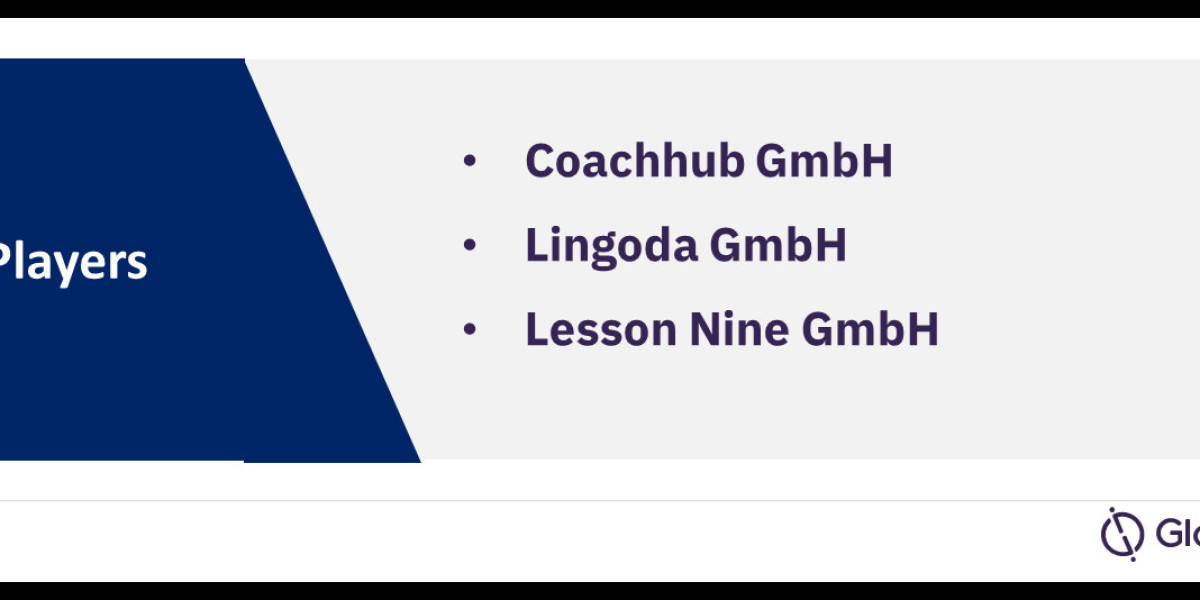Introduction
Germany, renowned for its strong educational system, has also emerged as a significant player in the EdTech market. The country's focus on innovation, technological advancements, and a growing demand for quality education has created a fertile ground for EdTech startups and solutions. This article explores the key trends, challenges, and opportunities shaping Germany's EdTech market.
Key Trends in Germany's EdTech Market
- Digital Transformation: The German education sector is undergoing a digital transformation, with schools and universities increasingly adopting technology-enabled learning solutions.
- Personalized Learning: EdTech solutions are empowering educators to deliver personalized and individualized learning experiences tailored to students' needs and preferences.
- Language Learning: Germany's strong focus on language learning has driven the growth of language learning apps and platforms.
- Corporate Training: EdTech is being leveraged to provide effective corporate training and upskilling programs.
- Accessibility and Inclusion: EdTech solutions are making education more accessible to students with disabilities and those in remote areas.
Challenges Facing Germany's EdTech Market
- Digital Divide: Ensuring equitable access to technology and the internet for all students, especially those in rural areas.
- Data Privacy and Security: Protecting student data and ensuring compliance with data privacy regulations.
- Teacher Training: Providing teachers with the necessary skills and training to effectively integrate EdTech into their classrooms.
- Cost and Accessibility: Making EdTech solutions affordable and accessible to all students and schools.
Opportunities for Growth in Germany's EdTech Market
- Micro-credentials and Lifelong Learning: EdTech can facilitate the acquisition of micro-credentials and support lifelong learning initiatives.
- Gamification: Incorporating gamification elements into educational platforms to enhance engagement and motivation.
- Virtual and Augmented Reality: Leveraging VR and AR technologies to create immersive and interactive learning experiences.
- International Expansion: German EdTech startups have the potential to expand into international markets.
- Collaboration with Educational Institutions: Partnerships between EdTech companies and educational institutions can drive innovation and adoption.
Key Players in Germany's EdTech Market
- Established EdTech Companies: Companies like Babbel, Duolingo, and Learnteka are leading players in the German EdTech market.
- Startups and Incubators: A growing number of EdTech startups and incubators are driving innovation and disrupting traditional education models.
- Educational Institutions: Universities and schools are increasingly adopting EdTech solutions to enhance teaching and learning.
- Government Initiatives: The German government has implemented various initiatives to promote EdTech and digital education.
Future Trends in Germany's EdTech Market
- Artificial Intelligence (AI): AI-powered tools can personalize learning experiences, provide intelligent tutoring, and automate administrative tasks.
- Virtual and Augmented Reality (VR/AR): VR and AR technologies will continue to be integrated into educational platforms to create immersive and engaging learning experiences.
- Blockchain Technology: Blockchain can be used to ensure data security, facilitate micro-credentials, and create transparent educational records.
- EdTech Partnerships: Collaborations between EdTech companies, educational institutions, and government agencies will be crucial for driving innovation and adoption.
Conclusion
Germany's EdTech market is a dynamic and growing landscape, driven by technological advancements, changing educational needs, and government initiatives. As the country continues to invest in education and innovation, EdTech will play a vital role in shaping the future of learning and development.
Buy the Full Report for More Insights into the Germany EdTech Market Forecast, Download a Free Sample Report



